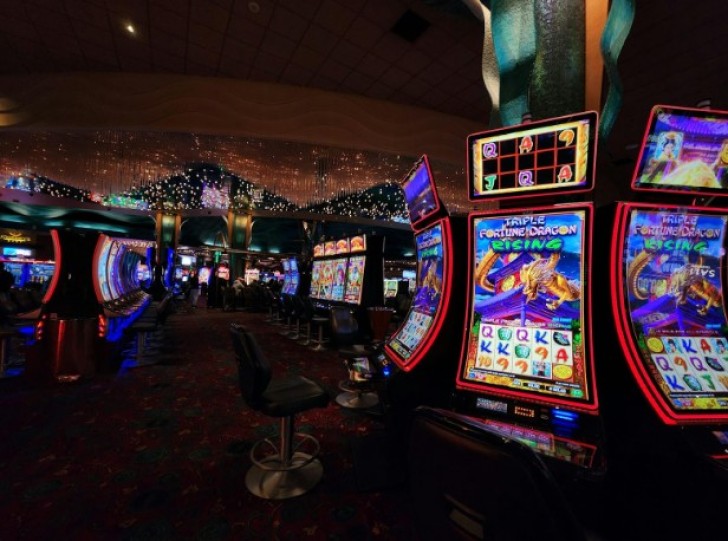Casino Revenue Structure
Casinos don’t gamble; their business is statistics. Each game, whether it is slots, roulette, or poker, has a predetermined benefit known as the house edge. It will guarantee constant profit, notwithstanding thousands of plays, even when the players win in the short run. Platforms like Melbet Myanmar use the same principle of data-driven odds to keep their systems fair and transparent. As an illustration, slot machines pay back about 93–96 percent of the bets, with the remaining as sure income.
That is why brick and mortar casinos spend a lot of money to make players stay there free drinks, lights, shows, and inescapable minor wins. It is not a chance, rather a combination of psychology and mathematics. The longer the time spent on the floor, the higher the chances that the player will give more than he will take.
Sports Betting Market Scale
Sports betting is volume and participation-based. A casino could only have a couple of thousand players at the same time; a large sportsbook could take millions. The turnover is enormous, and the margins are smaller.
The main profit drivers are:
- Traffic: Each of the major matches creates a peak in betting across the world.
- Dynamic odds: Algorithms are changed immediately in response to new data.
- Retention tools: Loyalty points and live keep users betting.
Internet betting has now contributed over 60 per cent of the worldwide revenue. The quickest and user-customizing platforms are the ones that generate the highest income.
Comparing Business Models
Sportsbooks and casinos all have a common objective, which is to make a profit, but in different manners. Sportsbooks like Melbet APK have control over the data, whereas casinos have control over the math. One is the assurance of a margin; the other deals in real-time probabilities.
Risk and Reward Balance
Casinos eliminate uncertainty since they manipulate all the variables, odds, payout rates, and even the atmosphere that keeps the players entertained. The more one plays, the nearer one gets to a certain profit in the casino. Mathematics prevails in the long run.
Sportsbooks, conversely, are at the mercy of things that they have no control over, such as player injuries, weather, popular opinion, or the referee's decisions. To address this volatility, they are depending on complicated data modeling and continuous odds adjustments. The algorithms move the lines immediately in order to minimize exposure when excess money is placed on a single outcome. It is not about who is winning, but it is about how to handle risk in thousands of active markets in a single second.
Operational Costs
Sportsbooks are more fintech startups compared to traditional casinos. Their largest costs are the maintenance of big databases, the purchase of live sports information, and the employment of traders to update odds 24/7. Marketing also consumes a massive portion, and bonuses, sponsorships, and influencer deals are what will get users in a highly competitive market. When odds are delayed by one second, it can cost 6 figures.

Casinos, however, spend a lot of money initially on the physical setup of the property, machines, and personnel, but when they are in operation, they are very economical. Each new visitor adds profit and little cost. This is unlike sportsbooks, where they are forced to keep acquiring users, whereas casinos do not need this since they depend on loyalty and repeat visits. This is why, in the long term, their margins tend to be more successful than digital betting platforms.
Regional Differences
The preeminence of profits is geographic. Land-based casinos such as those found in Macau dominate in Asia with the help of international tourism and VIP clientele. Sports betting is more lucrative in Europe, where regulation and mobile access have dominated the market, with football and tennis taking the lead.
The American market is in transition. The traditional casino centers, such as Nevada, remain strong, but other states, such as New York and New Jersey, are now generating record profits in terms of online sportsbooks. The local regulation and online access determine the winner.
The Final Verdict
The total amount of money casinos make is still higher, yet sports betting continuously increases. Scalability and risk control are the major differences. Casinos win by form; sports books win by speed. The future will be the one who combines the two models in the most efficient way.
 Peter Smith
Peter Smith

 Peter Smith
Peter Smith


